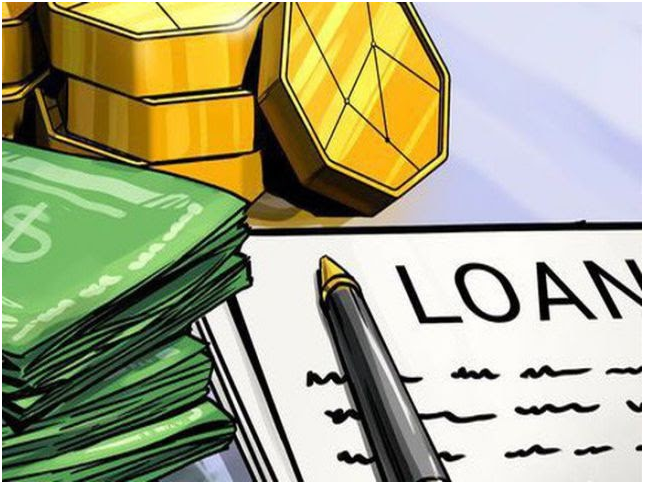Who is considered the beneficiary of a bill of exchange in Vietnam?
Who is considered the legal beneficiary of a bill of exchange in Vietnam? – Cong Phuc (Khanh Hoa)

Who is considered the beneficiary of a bill of exchange in Vietnam? (Internet image)
Regarding this issue, LawNet would like to answer as follows:
1. What is bill of exchange?
According to Clause 2, Article 4 of the Law on negotiable instruments 2005, bill of exchange means a valuable paper created by a drawer, requesting the drawee to pay unconditionally a specific sum upon demand or upon a fixed time in the future to the beneficiary.
2. Who is considered the beneficiary of a bill of exchange in Vietnam?
According to Article 40 of the Law on negotiable instruments 2005, the beneficiary of a bill of exchange shall be deemed to be the legal beneficiary when all of the following conditions are satisfied:
- [The beneficiary] holds the bill of exchange, the period for payment of which has not expired, and is not aware of any notice of refusal of acceptance or of payment of it.
- The ownership rights with respect to the bill of exchange are created lawfully. Where the beneficiary receives the bill of exchange by an endorsement, the series of endorsing signatures must be continuous and uninterrupted.
- There is no notice of the fact that the previous endorsers of the bill of exchange held the bill of exchange by fraud, duress or coercion or by other illegal ways.
3. Rights of a beneficiary of a bill of exchange in Vietnam
Specifically, Article 41 of the Law on negotiable instruments 2005 stipulates the rights of the beneficiary of a bill of exchange as follows:
- The payee holding a bill of exchange in accordance with article 40 of the Law on negotiable instruments 2005 shall have the following rights:
= To present the bill of exchange for acceptance or for payment when the bill of exchange matures;
= To request payment by related persons upon maturity;
= To endorse the bill of exchange in accordance with this Law;
= To deliver the bill of exchange for pledge or for collection;
= To have recourse or initiate legal action in relation to the bill of exchange.
- The rights of the beneficiary holding a bill of exchange specified in article 40 of the Law on negotiable instruments 2005 shall still be secured even through the related persons previously held illegally the bill of exchange.
3. Contents of bill of exchange
A bill of exchange must include the following contents:
- The words "Bill of Exchange" written on the front of the bill of exchange;
- An order for unconditional payment of a fixed sum of money;
- The period for payment;
- The place for payment;
- The name of the drawee being an organization or the full name of the drawee being an individual, and the address of the drawee;
- The name of the beneficiary being an organization or the full name of the beneficiary being an individual who is designated by the drawer or in favour of whom [the drawer] has made the request for payment of the bill of exchange to the order of the beneficiary or the request for payment of the bill of exchange to the bearer1 .
- The place and date of signing and issuance;
- The name of the drawer being an organization or the full name of the drawer being an individual, and the address of the drawer.
(Clause 1, Article 16 of the Law on negotiable instruments 2005)
4. What are the cases in which a bill of exchange is considered invalid in Vietnam?
According to Clause 2, Article 16 of the Law on negotiable instruments 2005, a bill of exchange which omits any one of the contents stipulated in Section 3 shall be invalid, except for the following cases:
- Where the period for payment is not recorded on the bill of exchange, the bill of exchange shall be paid immediately upon presentation;
- Where the place for payment is not recorded on the bill of exchange, the bill of exchange shall be paid at the address of the drawee;
- Where the place of signing and issuance is not specified on the bill of exchange, the bill of exchange shall be deemed to have been drawn at the address of the drawer.
- Key word:
- bill of exchange in Vietnam
- Cases of land rent exemption and reduction under the latest regulations in Vietnam
- Economic infrastructure and social infrastructure system in Thu Duc City, Ho Chi Minh City
- Regulations on ordination with foreign elements in religious organizations in Vietnam
- Increase land compensation prices in Vietnam from January 1, 2026
- Determination of land compensation levels for damage during land requisition process in Vietnam
- Who is permitted to purchase social housing according to latest regulations in Vietnam?
-

- Vietnam: What is a bill of exchange? Contents ...
- 08:39, 04/11/2022
-

- Notable new policies of Vietnam effective as of ...
- 16:26, 11/04/2025
-
.Medium.png)
- Notable documents of Vietnam in the previous week ...
- 16:21, 11/04/2025
-
.Medium.png)
- Notable documents of Vietnam in the previous week ...
- 16:11, 02/04/2025
-
.Medium.png)
- Notable new policies of Vietnam to be effective ...
- 16:04, 02/04/2025
-
.Medium.png)
- Notable new policies of Vietnam effective from ...
- 14:51, 21/03/2025
 (1).png)
 Article table of contents
Article table of contents
